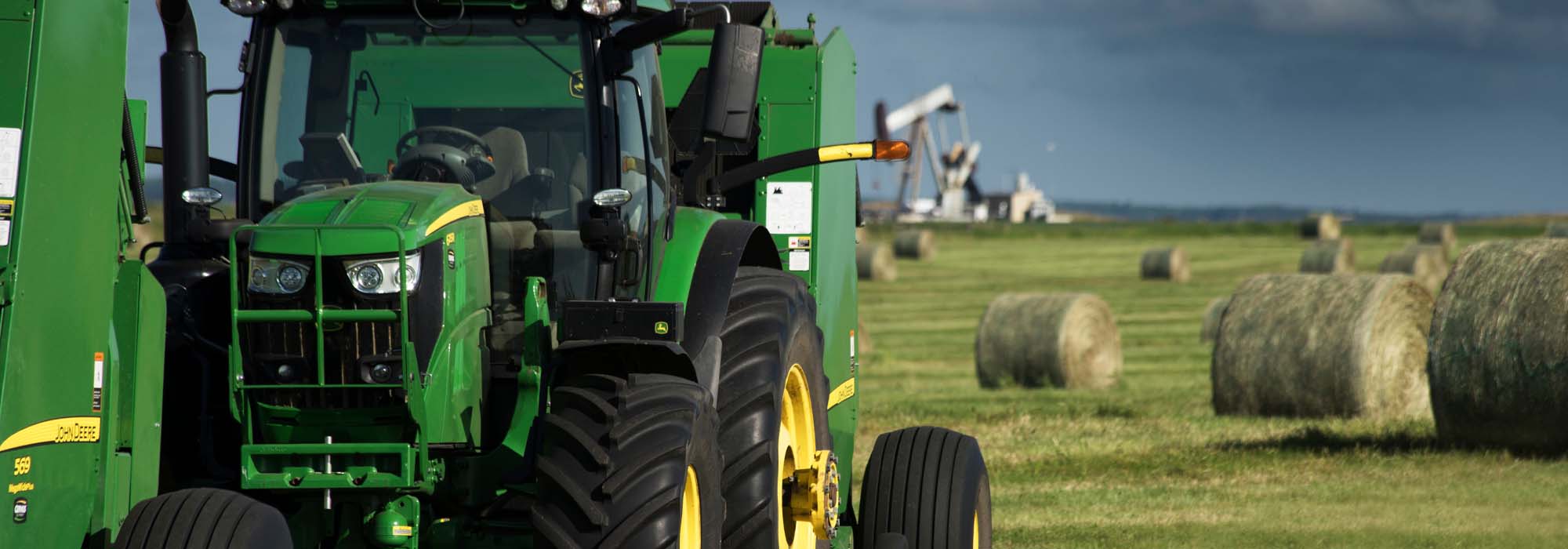
By now, it’s hardly news that COVID-19 has exposed the gaping wounds in Canada’s food system. Canada’s largest outbreak site – the Cargill meat-processing plant in High River, Alta., – is now facing another devastating spate of cases, calling into question the wisdom of centralizing meat production in the country. Nova Scotia put the fate of temporary foreign farm workers into limbo, despite their lack of status and social protections.
Our food system needs a radical transformation of its food and climate policies, and soon. Worse crises are already here. The impacts of climate change threaten crop yields, break down transportation corridors, and endanger the lives and livelihoods of farmers and farm workers. But the federal government is going all-in on a single kind of recovery – putting all its eggs in one big, industry-shaped basket.
Where does good food systems policy begin? Farmers and farm workers, many argue, are the best place to start. Farmers are the ultimate applied researchers. Growing and raising food well requires attention to the land, to weather and climate trends, and to the spider’s web of market shocks and stresses to which they must respond. They are the first to be affected by the impacts of climate change on the food system and the first to suffer the consequences – good or bad – of new policy. Good food and climate policy in Canada should start by finding out what farmers know and what they need. The problem is that right now, federal policy does neither.
My research as a climate and food systems scientist underlines how far farmers are from policy-makers’ ears. In a forthcoming paper, I analyze what are currently the only public government studies on climate change and agriculture – a House of Commons and a Senate committee study respectively – tasked with finding out how to make Canada’s food systems more resilient. I compare that idea of “resilience” with the one that farmers have provided me over years of interviews.
The government studies painted a picture of agriculture that was high-tech, high-profit, focused on maximizing exports and growing cash crop yields. A climate-resilient food system, policy-makers have concluded, is one where the industry grows and makes money. That floored me because it didn’t sound anything like what I’ve been told by the farmers I’ve interviewed over the years. This policy leads to business as usual. But farmers, whose average age is rising, whose profits are falling, and whose livelihoods are getting harder, have been telling me that business as usual is killing them..
Then I noticed that the committees had barely spoken to farmers. The experts they interviewed were scientists, bureaucrats or representatives from industry associations like Fertilizer Canada. But working in agriculture isn’t the same as working on a farm. The most important people in the industry – the individuals who produce the food to sell – weren’t well-consulted.
What farmers might have told the committee if committee members had bothered to ask would have given a totally different picture about resilience. Farmers spoke to me about the ability to continue making a living selling good food. They described financial resilience, not new technologies, as key to bouncing back from shocks. The key to a resilient food system, they agreed, is being able to transform when your old system isn’t fit for purpose anymore. For example, moving from selling by yourself at a farmers’ market to selling as a cooperative of multiple farms, or investing heavily in greenhouses to protect some of your growing soil from the heavy rains that started arriving in spring.
The difference between these two views couldn’t be starker, but it does make one thing quite clear. Canada’s food systems policy claims to help farmers adapt to shocks, but what it will bring about will only drive them deeper into crisis. Canadian food and climate policy is to stay the course – the same path that has brought human rights abuses to migrant workers, bottlenecks and weaknesses in processing systems, and producers unable to keep producing. Climate change and other unforeseen shocks will only make these worse.
If we want to recover from the crises that plague Canada’s food system, our climate and food policy has to start by listening to farmers and farm workers. This means expressly inviting them and not just agribusiness to the table during consultations. It means that there should be coordination between environment and agriculture departments at the federal and provincial levels to make sure that policies address crises from a structural perspective. It also means recognizing that there are other indicators for how than the growth of exports markets.
What if we considered the health and social supports available to workers? Or food security in our most disenfranchised and oppressed populations? Or whether our soils are healthy enough to produce food and store carbon for generations to come rather than just for the next year?
There are plenty of examples of farmer knowledge leading the way. Where I do research in the Maritimes, farmers have collaborated to share markets, diversify their crops, and sustain each other during catastrophes. The result is a vibrant network of small farms growing food, building social capital, and forging new relationships with provincial and municipal governments. This, adaptation studies tell us, is the key to resilience. Business as usual is not. Learning from the spirit of collective action, not market-based growth, will bring resilient systems into being.
The workers at Cargill probably aren’t happy now with the state of things. Nor am I. No one is. Every sign we have tells us Canada’s food system policy needs an overhaul, a diverse and transformative set of changes. And who best to lead the way if not farmers? Who else knows better the folly of leaving all your eggs in one economic basket?
Photo: Tractor and balers parked on a harvested field in Rocky View County, Alberta, on July 19, 2020. Shutterstock/By Ramon Cliff









